The LaGuardia Committee Report was prepared on the request of New York Mayor, Fiorello LaGuardia. The Mayor was very skeptical of the Marijuana Tax Act that was signed into law by President Roosevelt in 1937.
Mr LaGuardia had an interest in marijuana and was more educated on the subject than most people at the time.
Being ‘educated’ on the topic was very different back then as there weren’t many studies conducted up until that point of time, apart from the massive British Indian Hemp Drugs Commission Report from 1894.
No studies from the United States, although the US had conducted the extremely thorough Panama Canal Zone Military Investigations into Marijuana by the US Military by then.
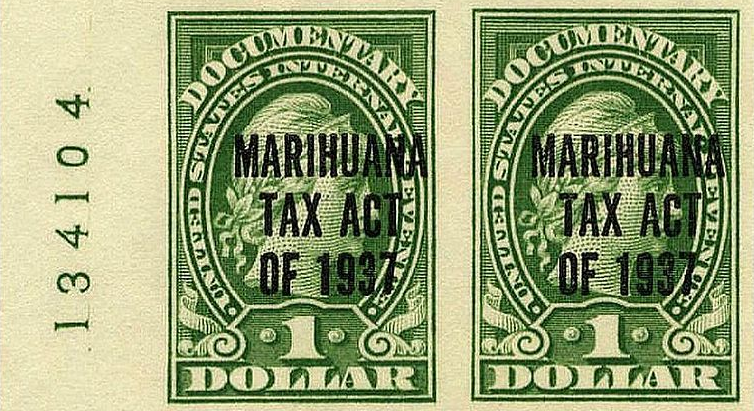
LaGuardia was very familiar with the Panama Canal Zone study and its conclusions.
“My own interest in marihuana goes back many years, to the time when I was a member of the House of Representatives and, in that capacity, heard of the use of marihuana by soldiers stationed in Panama. I was impressed at that time with the report of an Army Board of Inquiry which emphasized the relative harmlessness of the drug and the fact that it played a very little role, if any, in problems of delinquency and crime in the Canal Zone.” – Mr LaGuardia writes in the forward of the LaGuardia Committee Report.
Actions on marijuana in the United States were very different to the recommendations of the Panama Report and when the anti-cannabis propaganda has exaggerated and dramatized the marijuana situation in New York, the Mayor felt obligated to confront the situation and stand up for his community.
Demonstrating outstanding leadership, he sought advice from The New York Academy of Medicine. His request was referred to the Committee on Public Health Relations of the Academy, which authorized the appointment of a special subcommittee on October 17, 1938, to conduct the study as the Mayor’s requested.
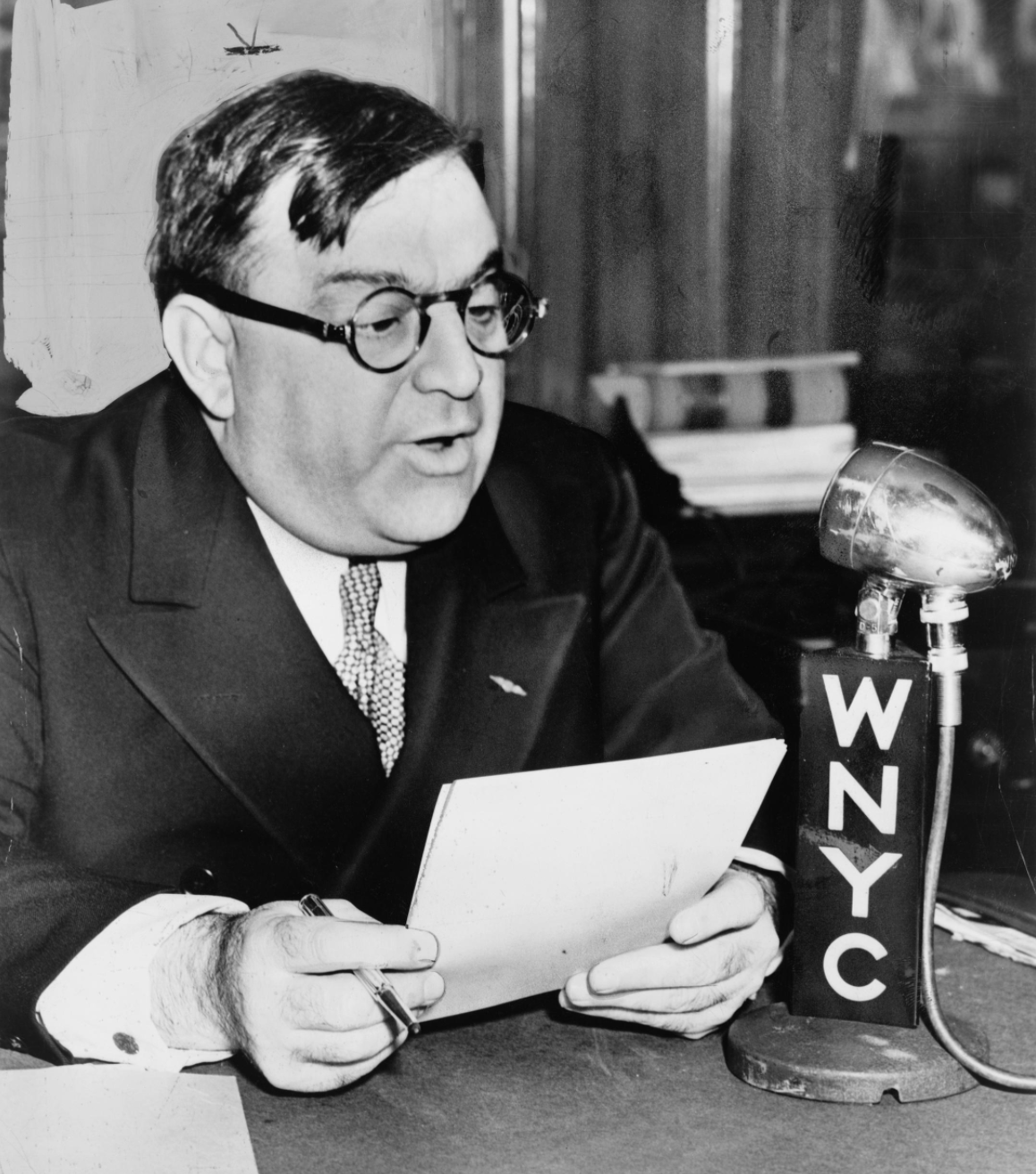
This is how the first comprehensive study into marijuana in the US kicked off, just about a year after Roosevelt signed the Marijuana Tax Act.
The Committee did not take the Mayor’s request lightly and did a very thorough job of researching and investigating for 5 years to compile the report.
The United States Treasury Department’s Bureau of Narcotics was ramping up its anti-cannabis propaganda campaign by this time and Reefer Madness style demonization of cannabis was well under way.
In a sharp contrast to the Bureau of Narcotics, the scientists and doctors working on the report applied a purely scientific and common sense approach throughout the report.
Reading it in this age, it seems to make it apparent that the scientists working on the report were aware of the fact that the marijuana ‘problem’ was just recently ‘created’.
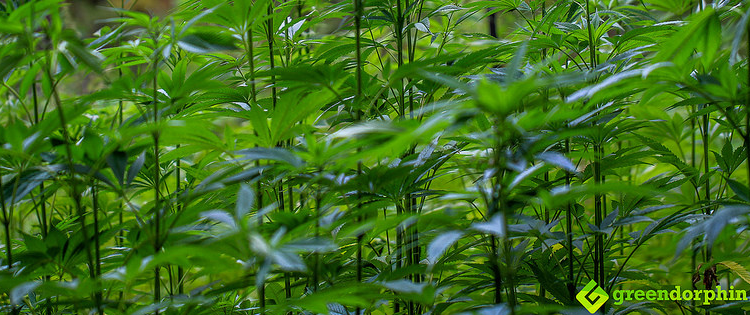
“Since the history of hemp cultivation in America dates back to the seventeenth century, it is exceedingly interesting, but difficult to explain, that the smoking of marihuana did not become a problem in our country until approximately twenty years ago, and that it has become an acute problem associated with a great deal of publicity only in the past ten years.”
The report refers to propaganda articles run in newspapers and magazines and basically myth-busts them.
The report quotes an article from the New York Daily Worker, that was published on Saturday, December 28, 1940, with the title “HEALTH ADVICE”. This article was fueled by the government propaganda and full of misinformation such as this one below:
“Smoking of the weed is habit-forming. It destroys the willpower, releases restraints, and promotes insane reactions. Continued use causes the face to become bloated, the eyes bloodshot, the limbs weak and trembling, and the mind sinks into insanity. Robberies, thrill murders, sex crimes and other offenses result.”
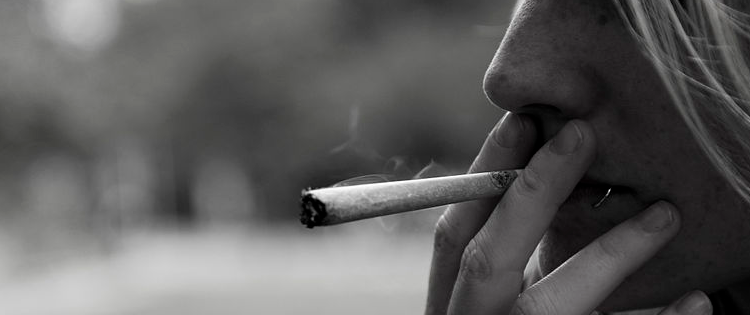
The report quotes misinformation from this article and other sources and directly contradicts them with their scientific research.
“One of the most important causes of the widespread publicity which marihuana smoking has received is the belief that this practice is directly responsible for the commission of crimes.
During our investigation many law enforcement officers, representing various federal, state
and local police bureaus, were interviewed and asked for a confidential expression of opinion on the general question of crime and marihuana. In most instances they unhesitatingly stated that there is no proof that major crimes are associated with the practice of smoking marihuana.
They did state that many marihuana smokers are guilty of petty crimes, but that the criminal career usually existed prior to the time the individual smoked his first marihuana cigarette. These officers further stated that a criminal generally termed as a “real” or “professional” criminal will not associate with marihuana smokers. He considers such a person inferior and unreliable and will not allow him to participate in the commission of a major crime.”
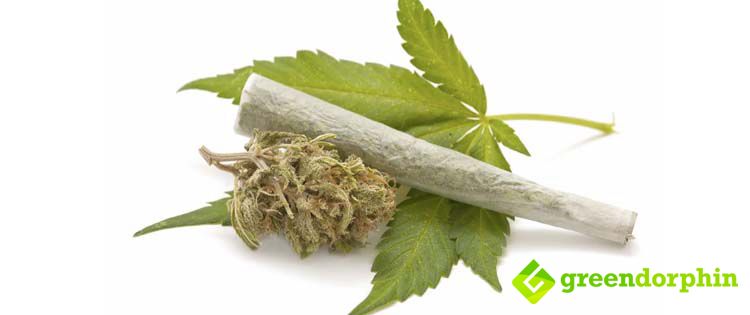
As you can see, the Committee had no interest in misleading anyone and what their comprehensive research reported was in a very sharp contest with the government’s made up nonsense propaganda.
- Under the influence of marihuana the basic personality structure of the individual does not change but some of the more superficial aspects of his behavior show alteration.
- With the use of marihuana the individual experiences increased feelings of relaxation, disinhibition and self-confidence.
- The new feeling of self-confidence induced by the drug expresses itself primarily through oral rather than through physical activity. There is some indication of a diminution in physical activity.
- The disinhibition which results from the use of marihuana releases what is latent in the individual’s thoughts and emotions but does not evoke responses which would be totally alien to him in his undrugged state.
- Marihuana not only releases pleasant reactions but also feelings of anxiety.
- Individuals with a limited capacity for effective experience and who have difficulty in making social contacts are more likely to resort to marihuana than those more capable of outgoing responses.
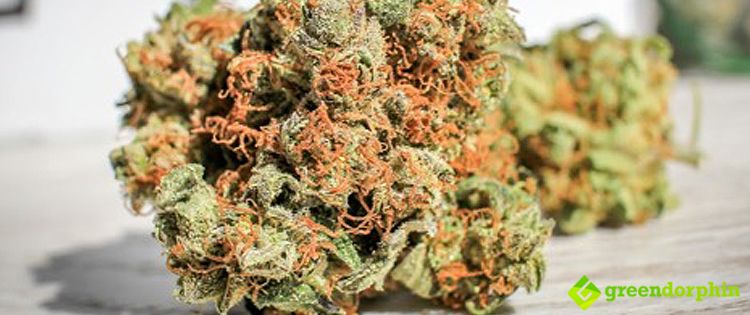
This was a massive blow to the Bureau of Narcotics and Harry Anslinger, the head of the Bureau was reportedly furious that someone myth-busted his nonsense marijuana lies.
He denounced the report and even LaGuardia and ordered that nobody should conduct more research and experimentation on marijuana without his consent.
Obviously, he could only manipulate the outcome if he was involved.
Despite myth-busting pretty much every propaganda claims by the Bureau of Narcotics, sadly cannabis prohibition still devastates most of the world today.
Do you have a story to share with our community? Let us know in the comments below.
- How to Use Waxmaid Honey Pen? - April 9, 2024
- How To Choose The Best Electric Dab Rig For Christmas - December 7, 2023
- Maintenance Matters: Keeping Your Glass Water Bong in Pristine Condition - October 9, 2023


